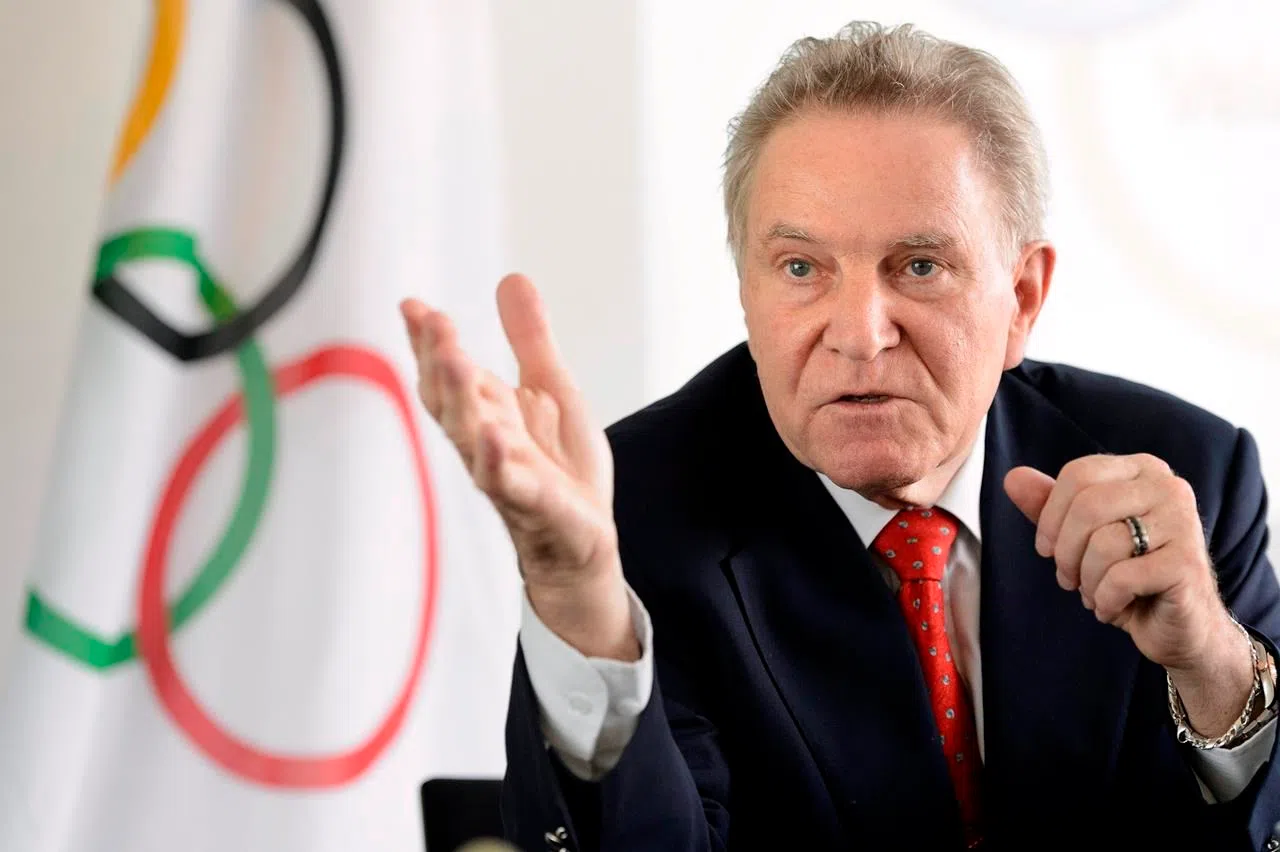
IOC expects decisions on Russian doping cases next month
Investigators at the International Olympic Committee expect to have “a number” of doping cases involving Russians at the Sochi Olympics resolved by the end of November, but they have no plans to dictate the eligibility of these athletes for next year’s Winter Games in Pyeongchang.
The leader of an IOC delegation in charge of reviewing 28 cases involving athletes at Sochi wrote this week to Angela Ruggiero, the head of the IOC Athletes Commission, to update the timeline of cases stemming from a report detailing a Russian doping scheme at the 2014 Olympics and beforehand.
Denis Oswald said of the cases his committee is reviewing, priority has been given to those involving athletes looking to compete in Pyeongchang. Top priority goes to six cross-country skiers whose provisional suspensions expire Oct. 31.
Oswald also said his committee would rule on these athletes’ results for Sochi, but will not determine their eligibility for Pyeongchang, instead handing over evidence to their respective sports federations to decide. The IOC made a similar decision before the Rio de Janeiro Olympics last year, which led to last-minute decisions on complex cases; ultimately, nearly 300 Russians competed.
